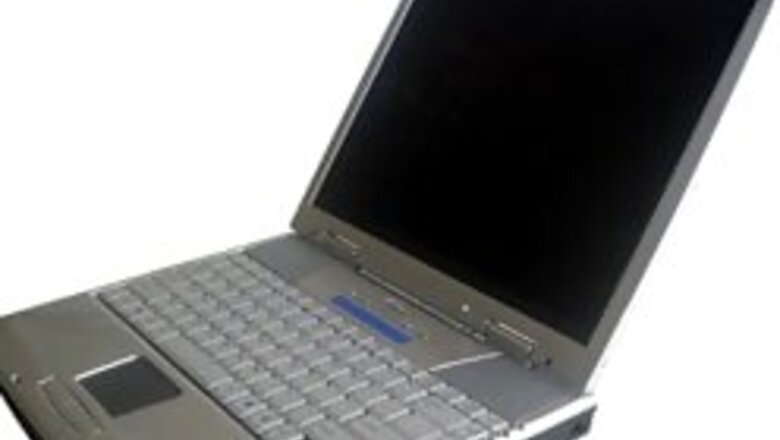
views
Planning to buy a laptop? Maybe, you already possess one. In both cases, it's time to check out how eco-friendly your laptop is.
A Greenpeace study – titled 'Toxic Chemicals in Computers Exposed' – has come up with some startling findings regarding the toxic exposure of people who use laptops.
The report reveals that some of the top brand laptops in the market are not eco-friendly and they contain toxic substances in them.
The hazardous substances found in various laptops included lead, PVC (polyvinyl chloride) and some BFRs or brominated flame retardants.
For instance, the Greenpeace report claims that HP laptops contain high levels of a number of chemicals in its components, which are hazardous to health. In particular, it points out a very high level of PBDEs -- polybrominated diphenylethers (a class of BFRs) -- including decaBDE (Decabromodiphenyl ether), in its fan. Lead was also found in the soldering at a concentration of 262 mg/kg.
Scientific studies have shown BFRs to be associated with several adverse health effects in animal studies, including developmental effects that include permanent changes in memory and learning, interference with normal thyroid function, and reproductive effects. PBDEs have been linked to problems in brain development and thyroid hormones while Decabromodiphenyl ether interferes with brain development.
It's not only HP, even Apple Macbook contains a high level of BFR (TBBPA), another toxic material, in the fan. In fact, these levels were found to be the highest among the five brands tested for toxic content.
According to the report, a HP statement on its website claims hazardous substances like brominated flame retardant (BFR) and decaBDE had been removed from its products many years ago. But the Greenpeace study says the HP laptops still do contain these hazardous substances.
Greenpeace said the HP statement on its website has resulted in it being downgraded in the recently released 'Guide to Greener Electronics', a Greenpeace guide that ranks PCs and mobile companies on the basis of their chemical and waste policies and practices. Greenpeace campaigners say it is alarming to see top-level companies moving down in the ranking rather than moving up in their commitments to eliminate toxic substances from their products.
The organisation wants the electronics industry to design products that are greener and last longer and also easy to recycle. Greenpeace has also called upon the electronics industry to go beyond the EU RoHS directive and eliminate all hazardous chemicals, including all type of BFRs and PVC plastic.
With no global take back system fully functioning, there is a high risk that these contaminated products will end up polluting the yards of China and India where many old computers are being dumped, they say.




















Comments
0 comment